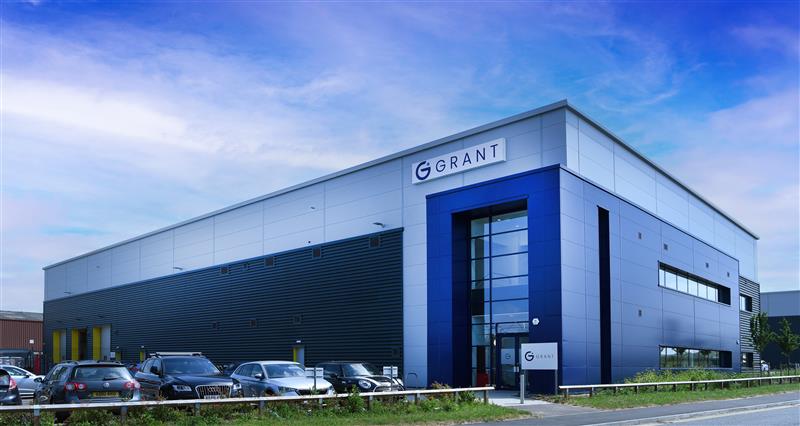Natural refrigerants are substances that occur naturally in the environment and are used as alternatives to synthetic refrigerants in various refrigeration systems. These refrigerants have a lower environmental impact, reduced global warming potential (GWP), and improved safety characteristics. In California we have seen the ban of the use of a number of synthetic refrigerants driving the need for use of natural refrigerants and this change is expected to be seen wider across the US and Europe.
The use of natural refrigerants is considered important for several reasons, primarily driven by environmental, economic, and safety concerns. Here are some key reasons why natural refrigerants are gaining significant traction:
Environmental Impact:
- Low Global Warming Potential (GWP): Natural refrigerants typically have lower or zero GWP compared to synthetic refrigerants like hydrofluorocarbons (HFCs) and hydrochlorofluorocarbons (HCFCs). Lower GWP means that they have a reduced impact on global warming and climate change.
- Ozone Depletion Potential (ODP): Natural refrigerants do not contribute to ozone layer depletion, which is a critical environmental concern associated with some synthetic refrigerants.
Energy Efficiency:
- Higher Energy Efficiency: Natural refrigerants often have better thermodynamic properties, leading to higher energy efficiency in refrigeration systems. This can result in lower energy consumption and reduced operating costs.
Safety:
- Non-Toxic and Non-Flammable: Natural refrigerants such as carbon dioxide (CO2), ammonia (NH3), and hydrocarbons are generally non-toxic and non-flammable under normal operating conditions. This makes them safer for both consumers and the environment.
Regulatory Compliance:
- Phasing Out Synthetic Refrigerants: Many countries are adopting regulations and agreements (such as the Montreal Protocol and Kigali Amendment) to phase out or limit the use of high-GWP synthetic refrigerants. Switching to natural refrigerants helps industries comply with these regulations and reduce their environmental impact.
Resource Availability:
- Abundance and Availability: Natural refrigerants are often abundant and readily available, reducing concerns related to resource scarcity. This can contribute to the long-term sustainability of refrigeration systems.
Technological Advancements:
- Advancements in Technology: Ongoing research and development in the field of natural refrigerants have led to improved system designs and increased reliability. This has helped overcome some historical challenges associated with the use of natural refrigerants.
Public Perception:
- Consumer Awareness: With increasing awareness of environmental issues, consumers are becoming more environmentally conscious. Businesses that adopt eco-friendly practices, including the use of natural refrigerants, may gain a positive public perception and customer loyalty.
Long-Term Viability:
- Future-Proofing: Given the global focus on sustainability, adopting natural refrigerants helps industries future-proof their operations by aligning with evolving environmental standards and consumer preferences.
In summary, the importance of using natural refrigerants lies in their positive environmental impact, energy efficiency, safety characteristics, regulatory compliance, and their role in creating sustainable and responsible practices in various industries.
Our Ecocool system uses natural refrigerants and is a go to system for many of our customers looking to make a positive environmental impact. Explore the Ecocool.








